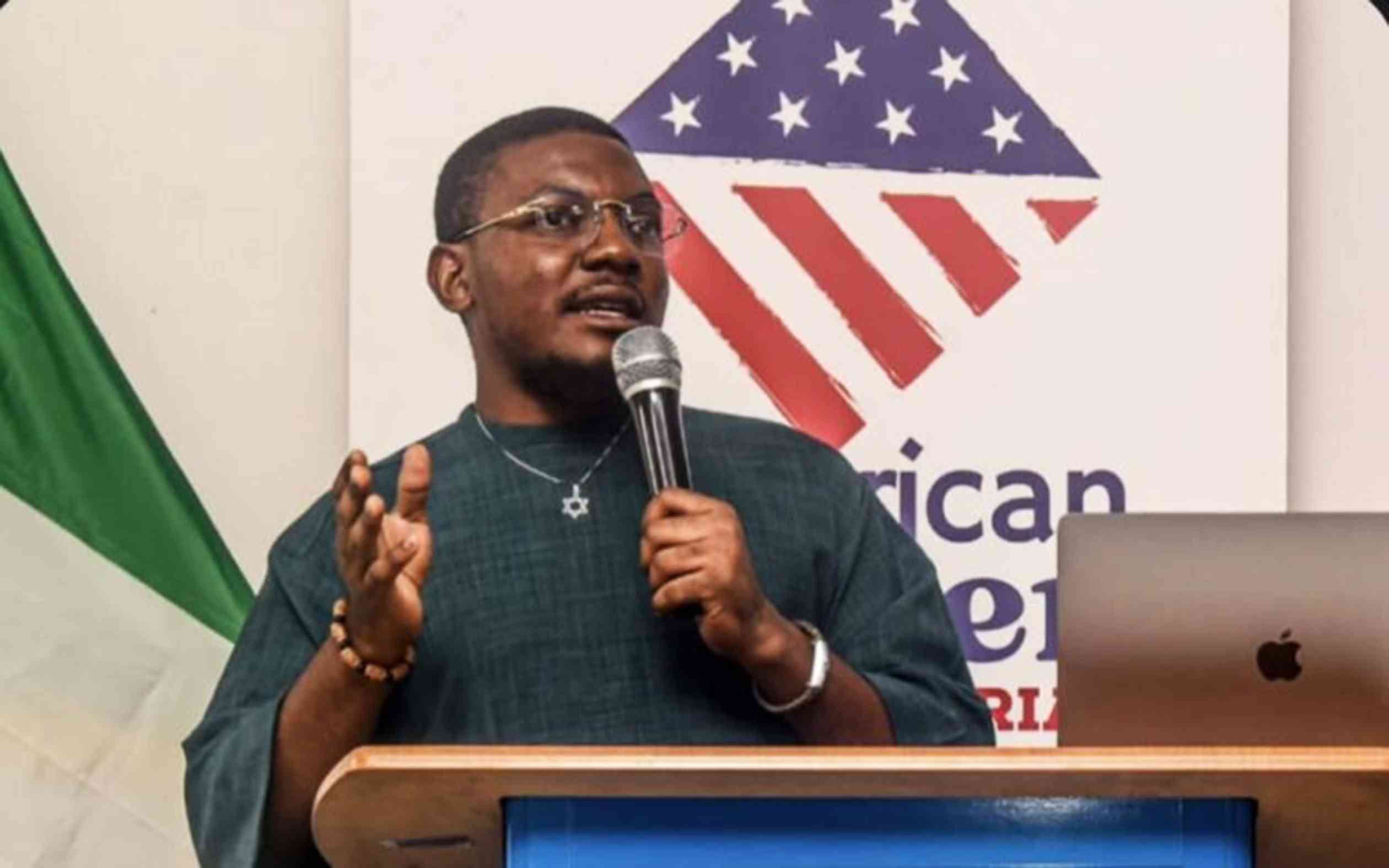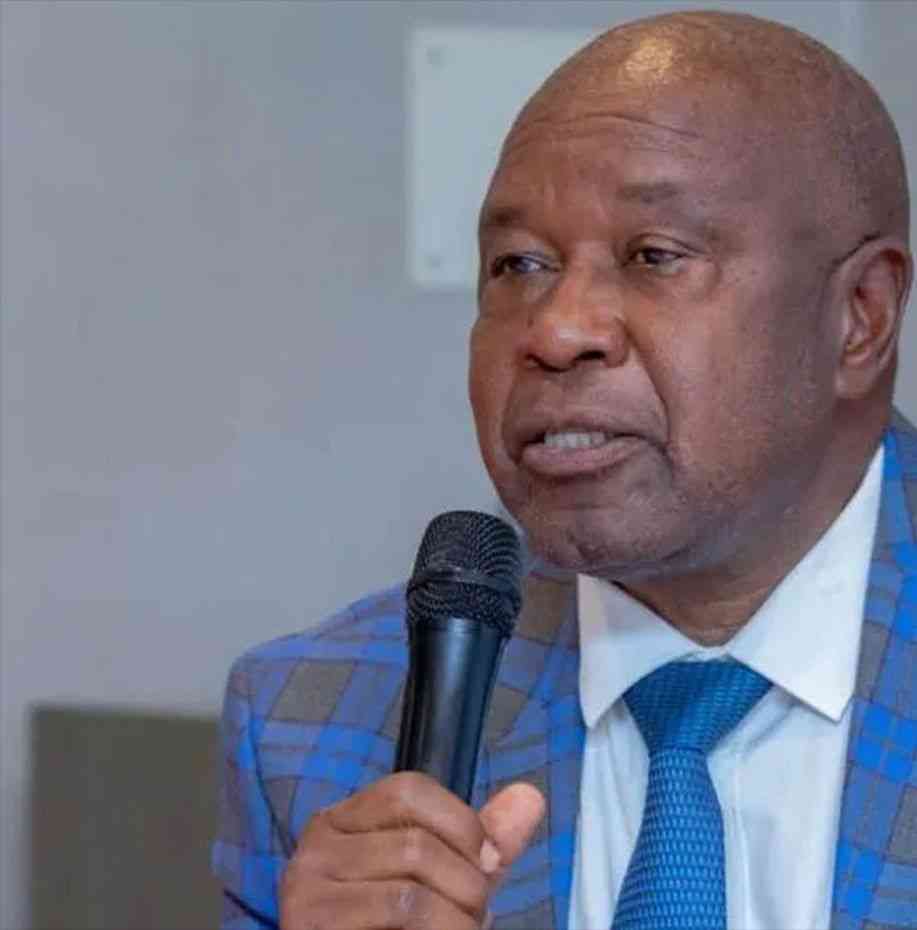
THE arrest of Daniel Ojukwu, a reporter working for the Foundation for Investigative Journalism (FIJ), for allegedly violating Nigeria's Cybercrime Act, has sparked debate.
Many are concerned about the potential misuse of Nigeria's Cybercrime Act as a tool for censorship.
I will look at an in-depth analysis of Ojukwu's arrest, criticisms surrounding the Cybercrime Act, and the Nigeria Police Force's assertion that the arrest was conducted in strict adherence to legal protocols and procedures.
Ojukwu was arrested and detained for 10 days.
The Nigerian Cybercrime Act has long been subject to criticism over its potential impact on freedom of expression and press freedom. Ojukwu's arrest followed a report he wrote on corruption alleging financial mismanagement totalling over N147 million (US$104 600) involving a senior government official.
Critics argue that the legislation's broad language and ambiguous provisions undermine freedom of expression, stifling dissent and investigative journalism.
Civil society organisations and media outlets have raised the Act’s compatibility with international standards of human rights.
The Nigeria Police Force has defended the arrest, asserting that it was carried out in strict compliance with legal protocols and procedures.
- A test case for Nigeria’s Cybercrime Act
Keep Reading
In a statement issued by the Force Public Relations Officer, Olumuyiwa Adejobi, it was emphasised that Ojukwu's detention was based on a valid remand warrant issued by a competent court of justice on May 2.
Following widespread calls for his release from colleagues and civil society organisations, Ojukwu was released.
The police clarified that his release was not a result of the protests but rather due to his fulfilment of bail conditions.
It was clarified that Ojukwu would face arraignment in court once investigations are concluded.
The Nigeria Police Force reiterated its commitment to upholding law and order, ensuring justice, and safeguarding the rights of all citizens.
The statement urged the public and media outlets to refrain from engaging in speculation and undue media trial, as such actions could potentially jeopardise legal procedures in the case.
It emphasised the importance of allowing the legal system to follow its course and urged respect for the rule of law.
As the case progresses, it is crucial to uphold the principles of the rule of law, ensure transparency, and safeguard the rights of all individuals involved.
About Daniel Ojukwu
He works for the Foundation for Investigative Journalism, Nigeria.
He is an investigative journalist.
He does social justice, security, and conflict reporting as well as finance, business, and data reporting.
He is from Abia State but based in Lagos.
He has practised active journalism since 2017.
This was the third arrest. He was first arrested back in 2019 and then last year as a result of his work as a journalist. However, this was the first time he would sleep in a cell and the longest detention so far.
Ojukwu was arrested on Workers’ Day, May 1. He says he was tracked by a cybercrime unit of the Inspector General of Police. “They came in a bus and said they had been looking for me, and that was how the arrest happened,” he was quoted by Punch, a Nigerian Daily newspaper.
- Mutisi is the CEO of Hansole Investments (Pvt) Ltd and the current chairperson of Zimbabwe Information & Communication Technology, a division of Zimbabwe Institution for Engineers.






